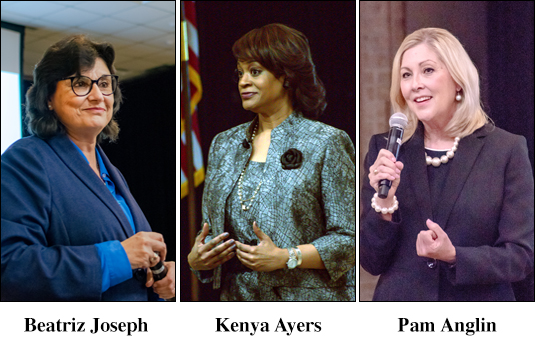 Chris Brown was recently arrested for an alleged aggravated rape and drug violations in France. Once the news was reported, social media took off in a frenzy with many proclaiming the singer was guilty without any evidence.
Chris Brown was recently arrested for an alleged aggravated rape and drug violations in France. Once the news was reported, social media took off in a frenzy with many proclaiming the singer was guilty without any evidence.
Brown has had previous run-ins with the law as in the 2009 felony assault case with then-girlfriend Rihanna and received five years’ probation and community service which he’s been cleared of.
But that doesn’t give anyone the right to pass judgment without proof.
A day later, the accuser came forth and said Brown didn’t have anything to do with it, and he was released from custody. But social media didn’t have the same energy in reporting Brown’s innocence.
That’s a dangerous mindset to have.
Being tried in the court of public opinion can cause irreversible harm to a person’s reputation, character and sometimes business when thoughts are shared on a whim. A “good story” is often shared faster than facts.
Before you share something on social media that’s breaking news, ask the question “Does this sound truthful?” It only takes a couple of seconds to look up something on your phone to see if the information matches up with the news.
Too many times, in this “me first” society, bloggers and news outlets will post something outrageous to bring traffic to their site for ad revenue. People on social media might do it so they can get the most likes and shares by presenting the information first.
It only takes one person to spread this misinformation, and then like an ember in a forest, it can spread into a wildfire.
The court of public opinion can quickly turn into a mob mentality, but before we go into that archaic mindset of pre-judgment, let’s make sure all the facts are presented before judgment is passed.











































